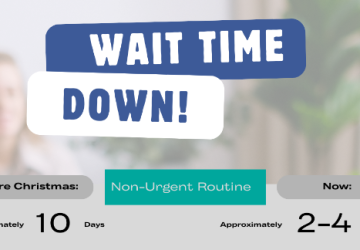RSV - Respiratory syncytial virus
Jul 13, 2021

Respiratory syncytial (sin-city-al) virus (RSV) is the most common cause of respiratory and breathing infections in children. It is a virus that causes infection of the lungs and breathing passages and is one of the most frequent causes of the common cold.
RSV can affect people of all ages. Most children aged under two years have been infected by RSV at some stage, and it is possible to get RSV over and over again. Good hygiene habits can reduce the chance of your child getting the virus or passing it on to others.
Signs and symptoms of RSV
After exposure to the virus, your child may only develop symptoms around five days later. RSV in children is normally associated with mild to moderate cold-like symptoms, which generally last between eight and 15 days. If your child has RSV they may have some or all of the following symptoms:
- runny nose
- coughing
- wheezing
- fever.
RSV is a common cause of bronchiolitis and pneumonia in children under one year old. If your child has asthma, RSV is likely to trigger their asthma symptoms.
If you are concerned about your child you can phone the Practice Nurse to discuss things further, or for more information about RSV please visit the Ministry of Health website.

Christmas Hours 2025/2026

Prescription Changes 2026..

